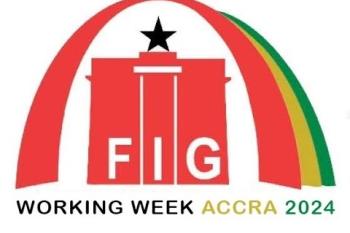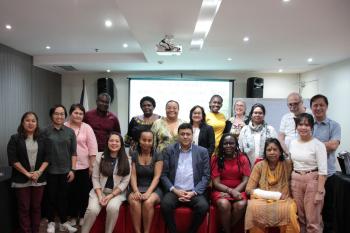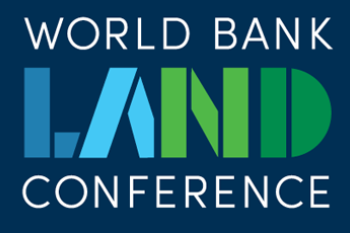GLTN bridges the gap among land professionals
Key advocacy messages of the Global Land Tool Network were well received by the 1,200 land actors from 100 countries who gathered at the recently concluded thirty-fifth International Federation of Surveyors (FIG) Working Week that took place in Rome, Italy on 6-10 May. The need to shift towards new and more inclusive and up-scalable forms of land registration and administration - in line with the 'continuum of land rights' principle – was officially recognised by the FIG President Teo CheeHai before an audience representative the diversity of the land sector: land surveyors, representatives of the surveying equipment manufacturers, grassroots organisations and women organisations, academia, government representatives, members of professional boards as well as development workers. The Social Tenure Domain Model, a pro-poor land administration tool developed by GLTN partners, was presented by UN-Habitat and was extremely well received . UN-Habitat's other interventions were also very well received and included a snapshot on GLTN work youth access to land at the parallel Young Surveyors Conference, a reflection on its capacity development interventions at the African Task Force session, an intervention on the role of grassroots organisations in addressing land administration challenges, a very well attended forum on the role of land professionals in achieving the GLTN agenda, and a presentation on emerging land tools and innovations including the pro-poor land recordation system and GLTN work on gender evaluation criteria. Several publications were also launched during the event. Overall, the event further strengthened the partnership between FIG and UN-Habitat. FIG - which is the coordinating organisation of the Land Professional Cluster and a member of the International Advisory Board of GLTN – has renewed its commitment to support the Network's agenda in the implementation of advocacy, research, capacity development, and tool development activities, including STDM, and with special attention to the involvement of gender and grassroots organizations.


